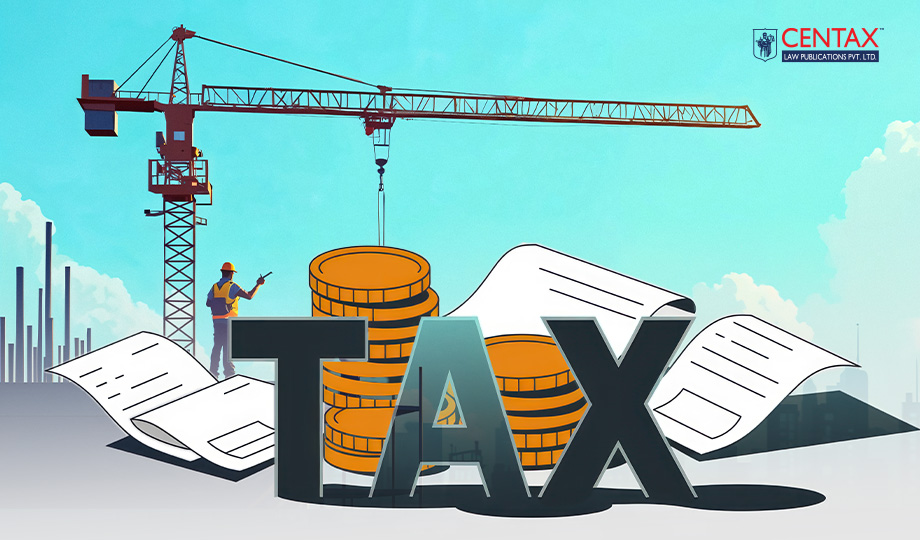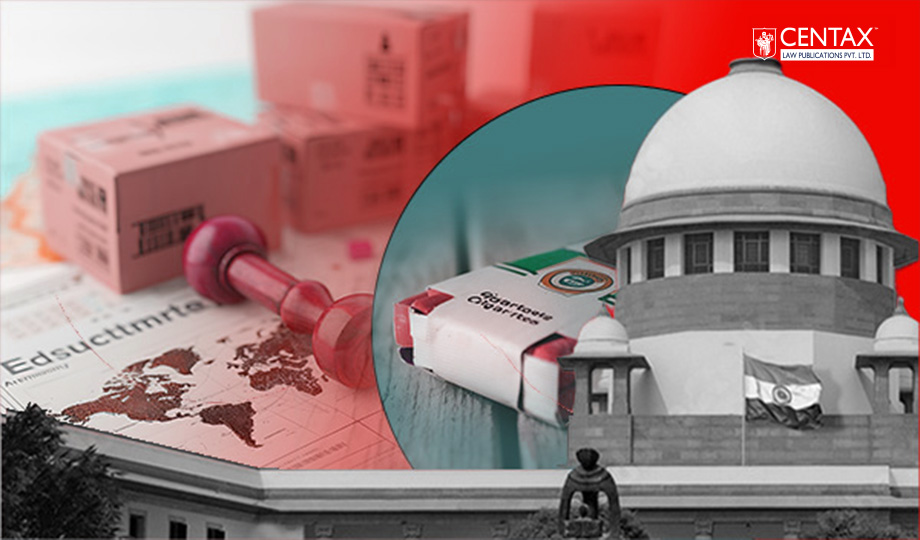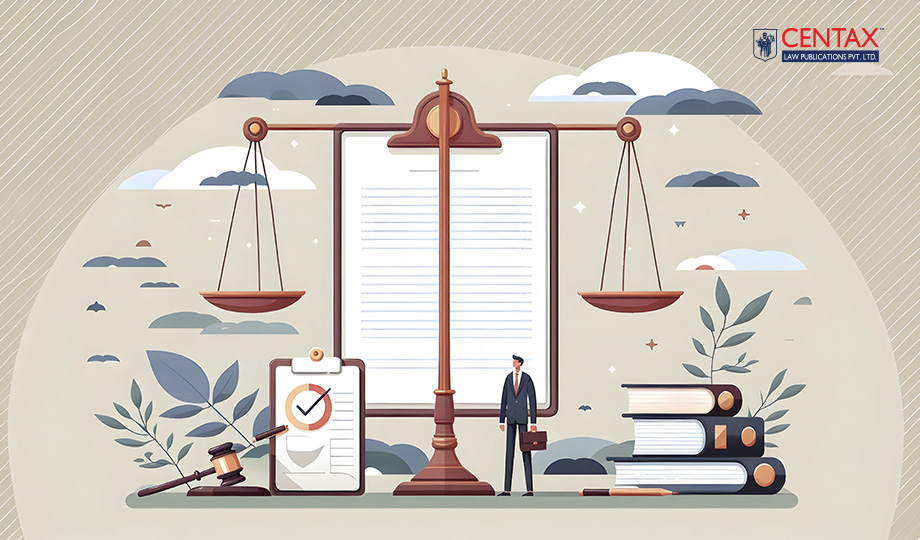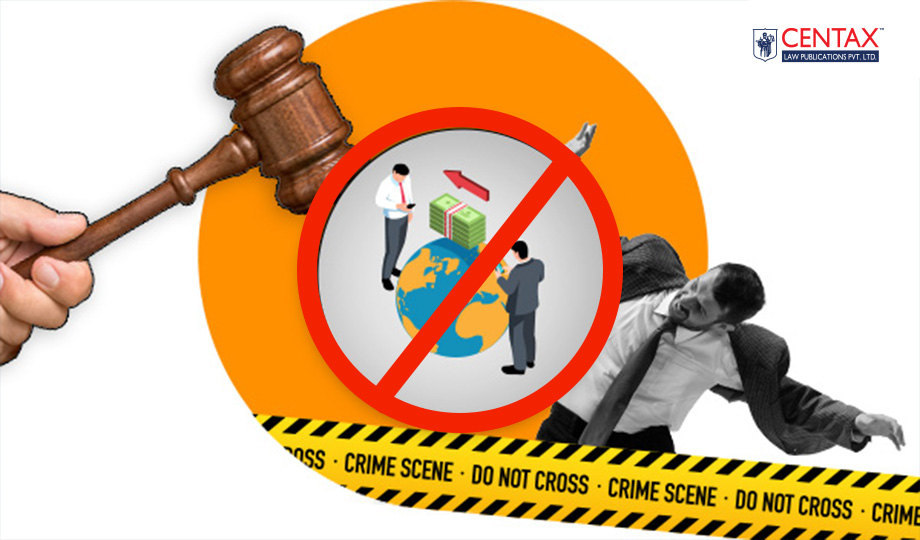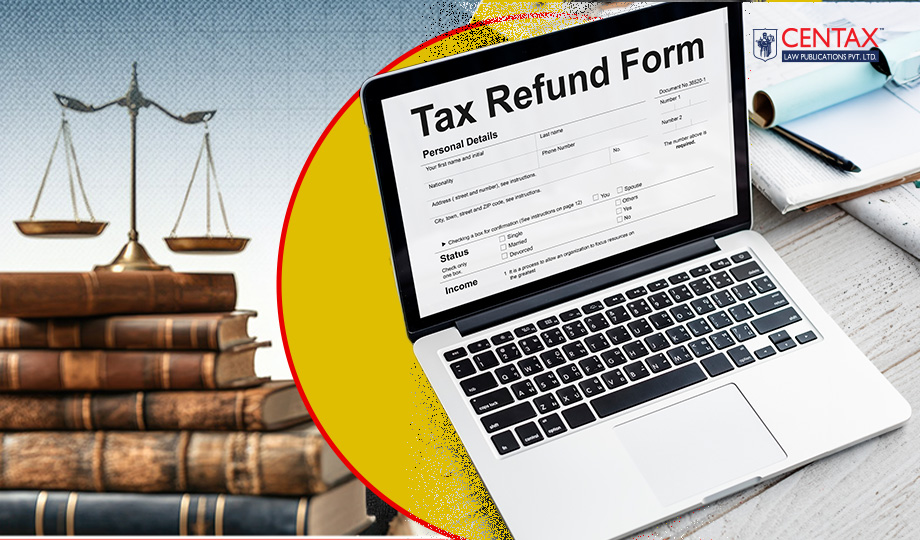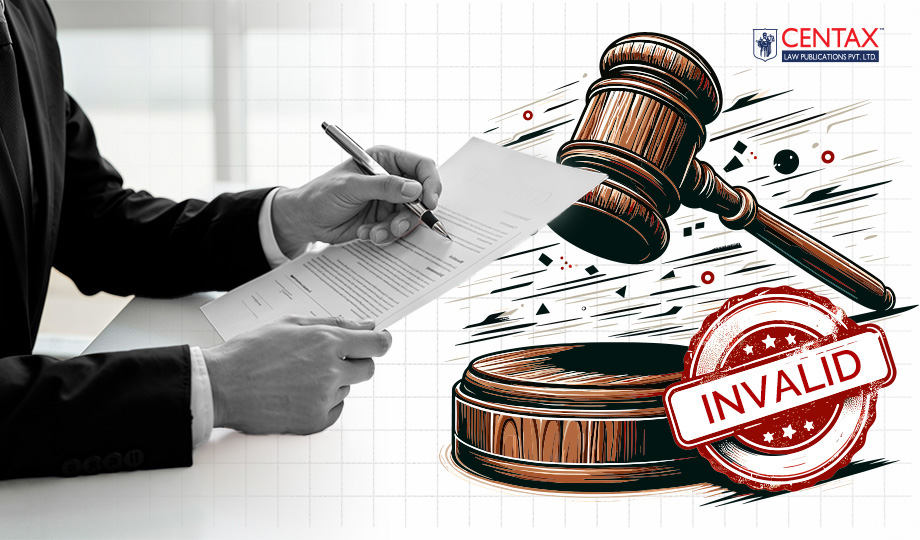
Case Details: U. P. State Construction & Infrastructure Development Corporation Ltd. Versus Commissioner of Central Goods & Service Tax, Kanpur (2025) 27 Centax 392 (Tri.-All)
Judiciary and Counsel Details
- Shri P.K. Choudhary, Member (T)
- Shri Kapil Vaish, Chartered Accountant, for the Appellant.
- Smt. Chitra Srivastava, Authorized Representative, for the Respondent.
Facts of the Case
The assessee, a State Government Company engaged in the construction of roads and other infrastructure, was subjected to a service tax audit by the Department. During the audit, the Department alleged that the assessee had short-paid service tax on road construction projects and subsequently issued a demand for tax, interest, and penalties. The Commissioner (Audit) confirmed the demand, leading the assessee to file an appeal before the Customs, Excise & Service Tax Appellate Tribunal (CESTAT), Allahabad. The assessee contended that the construction of roads is exempt from service tax under Entry 13(a) of Notification No. 25/2012-ST. It further argued that it had consistently filed ST-3 returns and paid the applicable service tax, and therefore, the invocation of the extended period of limitation under Section 73 of the Finance Act, 1994, was unjustified. The Revenue, on the other hand, contended that the self-assessment regime placed the burden on the assessee to correctly determine its tax liability and that the alleged underpayment constituted suppression of taxable values, justifying the extended period of limitation.
CESTAT Held
The Hon’ble CESTAT, Allahabad, held that the construction of roads falls within the exemption granted under Entry 13(a) of Notification No. 25/2012-ST, and therefore, the assessee was not liable to pay service tax on such activities. The Tribunal further ruled that the mere existence of a self-assessment regime does not justify the invocation of the extended period of limitation unless fraud, collusion, or willful suppression is conclusively established. Since the assessee had regularly filed its ST-3 returns and the Department had the power to scrutinize these under Section 72 of the Finance Act, 1994, the burden of ensuring accurate tax payments primarily rested with the tax authorities. Consequently, the demand, along with interest and penalties, was set aside.
List of Cases Cited
- Commissioner v. Hyundai Motor India Pvt. Ltd. – 2020 (32) G.S.T.L. J154 (S.C.) — Referred [Para 5]
- G.D. Goenka Pvt. Ltd. v. Commissioner — (2023) 11 Centax 2 (Tri.-Del) — Relied on [Paras 6, 10, 11, 12, 13]
- Hyundai Motor India (Pvt. ) Ltd. v. Commissioner — 2019 (29) G.S.T.L. 452 (Tribunal) — Referred [Para 5]
- Indus Valley Partners (India) Pvt. Ltd. v. Principal Commissioner — 2024 (389) E.L.T. 403 (Tri. – All.) = (2024) 19 Centax 2 (Tri. – All.) — Referred [Para 5]
- Pushpam Pharmaceuticals Company v. Collector — 1995 (78) E.L.T. 401 (S.C.) — Referred [Para 11]
List of Notifications Cited
- Notification No. 25/2012-S.T., dated 20-6-2012 [Paras 5, 9]











